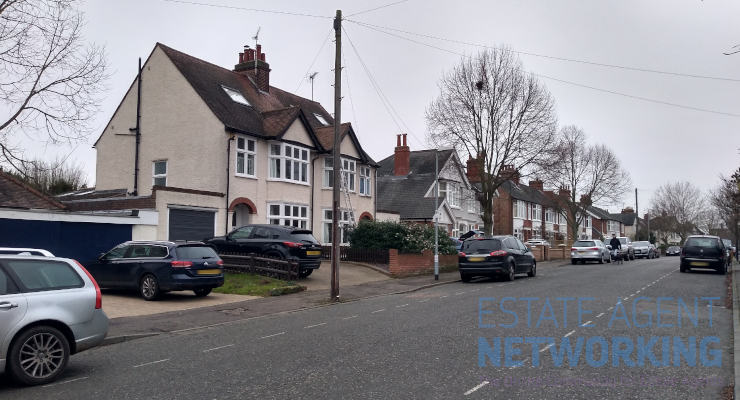What are the predictions for UK house price growth in 2020?
It is one of the things that marks British people out from the populations of many other countries – their obsession with the housing market. Of course, Britain has long considered itself to be a home-owning society but the proportion of people renting has been rising steadily, largely due to the fact that house prices have soared over the past twenty years or so ago. That said, there has been plenty of stagnation in certain parts of the country as factors like the financial crash of 2008 and, more recently, the UK’s departure from the European Union have played their part. As such, predicting what the market will do in 2020 is anybody’s guess.
However, that does not mean that some very knowledgeable people in the property sector have been shy about making their forecasts. Read on to find out what some of the experts are saying about the potential for UK house price growth in the coming year.
The Current Situation
To begin with, it is probably a good idea to look at the current state of play in the UK’s housing market before trying to look into our crystal balls to think about the future. As of January 2020, the Nationwide Building Society – which is one of the country’s biggest mortgage lenders – said that its figures indicated a fallback in growth. The mortgage lender said that house prices across the UK rose by just one tenth of a percentage point in the first month of 2020, a drop from 0.5 per cent growth in December 2019. With housing prices effectively at zero growth in the period, historically low lending rates were not tempting people to get onto the housing ladder or to move up it in sufficient numbers to stimulate the market. The Nationwide said that its lending data indicated that house price growth was at a six-year low, with February 2013 being the previous worst month.
House Pricing Forecasts
Given that January was so poor – from the perspective of Nationwide, at least – it may come as a surprise just how positive some industry experts were about the prospects for UK house prices. For example, Richard Donnell of the property market analysts, Hometrack, said that he thought a three per cent rise in average house prices was the most likely outcome for 2020. Andrew Burrell, the Chief Property Economist at Capital Economics, an independent economic research company, said that he thought a rise was probable although, in fairness, he predicted a more modest growth rate of just one per cent, on average.
Andrew Montlake, a professional who works at the London-based mortgage broker Coreco, echoed the sentiment of both Donnell and Burrell by saying that overall growth in the housing sector would be somewhere between one and two per cent. Furthermore, Russell Galley, the managing director at the Halifax Bank and Lloyds Banking Group said that growth was probable. Indeed, he predicted that 2020 would see a typical house price in the UK going up from anywhere between two and four per cent.
Nevertheless, not all property commentators and industry experts were so optimistic about property prices in 2020. They often cited the UK’s exposure to obtaining a favourable trade deal with its ongoing negotiations with the European Union as being one of the major areas of uncertainty. In the less confident camp was Miles Shipside, who works for the online property portal Rightmove. “The housing market dislikes uncertainty,” he said, “and the unsettled political outlook [has]… caused some potential home movers to hesitate.” Therefore, despite Rightmove’s confident prediction of an upturn in the capital’s property market this spring, he said that there would probably be no overall change over the course of the year, when taking the country as a whole into account.
Simon Rubinsohn, of the Royal Institution of Chartered Surveyors (RICS), also said that there would either be no change or that it would be negligible. In a survey carried out in January, RICS discovered that the outlook for the housing market in the short-term was the worst it had been for two decades, according to the views of its members.
Henry Pryor, a housing market commentator who makes regular contributions on the BBC and elsewhere, struck and even more cautious tone. He said that by the end of 2020, there would be an average of five per cent of negative growth. One of the few industry commentators to actually predict a fall, Pryor pointed to data that showed there were plenty of registered would-be buyers listed with estate agents as well as plenty of homes on the market but few actual sales. This fact alone, he argued, means that something will have to give before house prices can begin to grow once more. Of course, only time will tell who amongst the experts is right.









